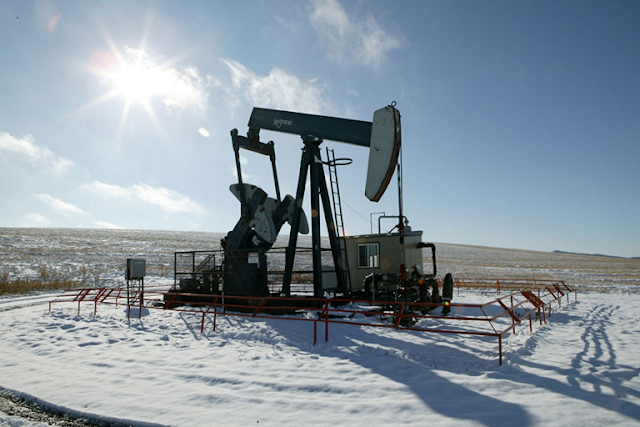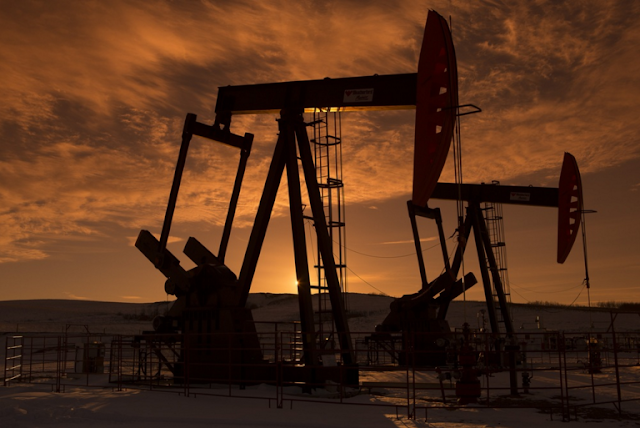FOUR REASONS DIVESTMENT DOESN'T WORK:

Oil and Gas 101: THE DIVESTMENT CHALLENGE What is the Fossil Fuel Divestment Movement? The fossil fuel divestment movement is an attempt to convince groups such as wealthy individuals, universities and major pension funds to divest themselves of financial assets in companies involved in fossil fuel extraction. It is being promoted by some environmental NGOs as a means to combat climate change. In Canada, 19 universities currently have a student-led divestment campaign. To date, only Concordia University has begun divestment of about $5 million from their portfolio. Some universities will be voting on divestment motions in upcoming months, and others have already rejected the idea, citing the benefit to students and all Canadians created by the energy industry. THE ECONOMIC IMPACT OF DIVESTMENT: UNIVERSITY OF CHICAGO STUDY A study performed by Daniel Fischel (2015) of the University of Chicago Law School compared two hypothetical investment portfolios over a 50-year ...


